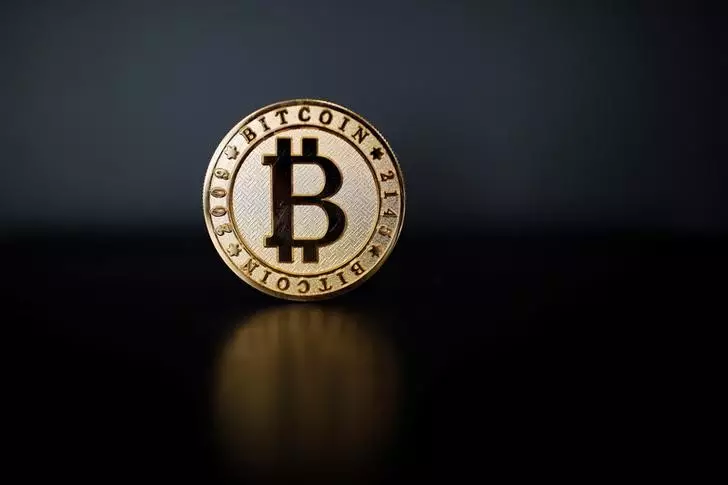The Rise of BlackRock: The Bitcoin Conqueror

In a striking testament to the shifting sands of investment dynamics, BlackRock (NYSE: BLK) recently announced that it has amassed an overwhelming Bitcoin (BTC) portfolio, totaling over 400,000 BTC. The current valuation of this extensive collection stands at approximately $26.98 billion, reflecting BlackRock’s indicators of confidence in this digital asset. This surge in Bitcoin accumulation comes on the heels of the hedge fund’s acquisition of an additional 34,085 BTC over the last two weeks, valued around $2.3 billion, according to analyses from Lookonchain. Such aggressive buying patterns indicate not only BlackRock’s ambition but also highlight a broader trend towards Bitcoin ETFs (exchange-traded funds) as favorable vehicles for institutional investments.
The Dominance of Bitcoin ETFs
BlackRock’s burgeoning presence in the cryptocurrency arena is indicative of the growing popularity and institutional interest surrounding Bitcoin ETFs. These instruments enable institutional investors to gain exposure to Bitcoin without needing to directly own the asset, making them an attractive option for those wary of the volatility and technical barriers tied to cryptocurrency ownership. The increased inflows into Bitcoin ETFs reflect a paradigm shift, as they are becoming a crucial route for institutions looking to establish a foothold in this nascent market. The question arises: will BlackRock’s strategic encroachment eventually lead to a monopolistic stance that alters the landscape of cryptocurrency ownership and governance?
Intriguingly, as BlackRock’s Bitcoin arsenal expands, speculation has arisen regarding potential conflicts that could emerge over the future of Bitcoin. Some analysts hypothesize the possibility of a “Bitcoin war,” positing that BlackRock could eventually advocate for a fork in the original Bitcoin chain and subsequently promote its modified version as the legitimate currency. While such notions may initially appear far-fetched—a narrative often relegated to the realm of conspiracy theories—one cannot discount the power dynamics at play in the cryptocurrency sector. The unprecedented acquisition rates could catalyze debates regarding the authenticity and legitimacy of what constitutes the “real” Bitcoin.
Nonetheless, despite BlackRock’s ambitions, it does not envelop the entire landscape of Bitcoin ownership unopposed. It contends with formidable challengers such as Michael Saylor from MicroStrategy, who maintains significant Bitcoin holdings, alongside mining entities and a broad tapestry of early adopters and retail investors. These decentralized forces have collectively established a resilient presence in the Bitcoin realm, creating a counterbalance to institutional dominance. The ongoing discourse on whether they can strategically resist BlackRock’s aggressive pursuit of influence presents an ongoing conundrum ripe for analysis.
As BlackRock’s grip on Bitcoin tightens, its impact on the future of cryptocurrency cannot be overlooked. Whether the firm will succeed in redefining the landscape or whether it will ignite a struggle for Bitcoin’s future remains uncertain. The implications of BlackRock’s actions may reverberate throughout the financial ecosystem, as institutions and individuals alike grapple with an evolving reality—where Bitcoin’s ownership, governance, and very identity could all pivot dramatically, sparking a new era in digital asset investment.





